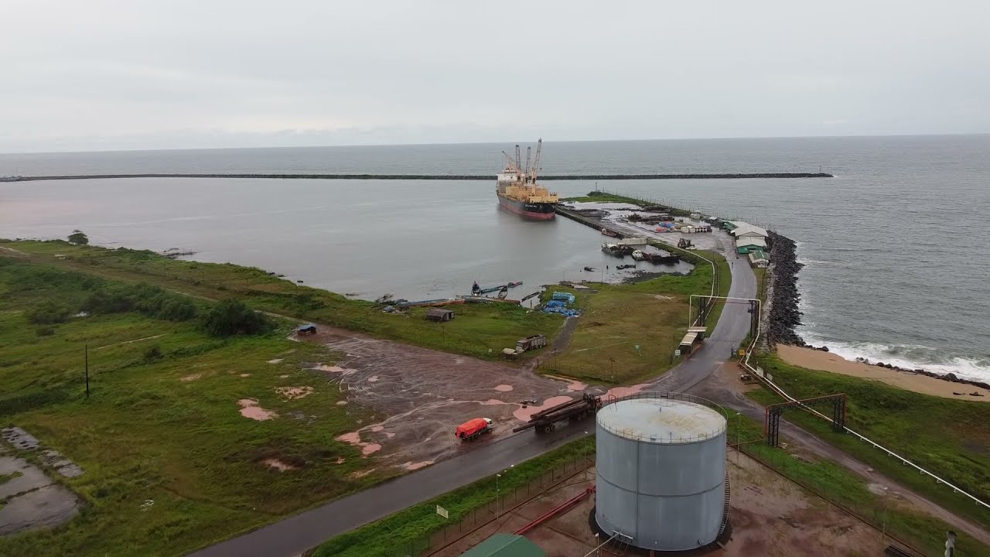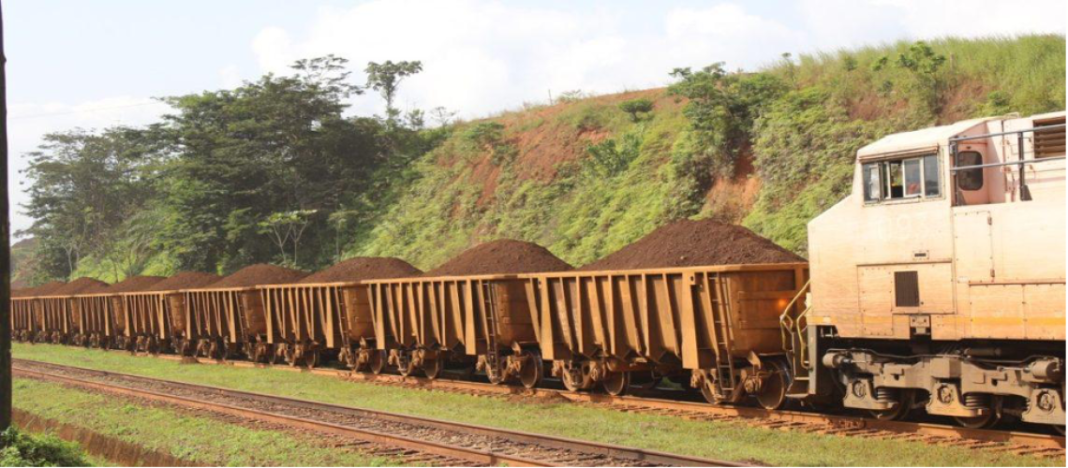Liberia’s Inter Ministerial Concession Committee is reviewing a proposed amendment to ArcelorMittal Liberia’s Mineral Development Agreement that would grant the global steelmaker sweeping rights over a vital rail and port corridor and, potentially, place parts of the company’s contract above national law.
A leaked draft of the amendment, made public by government insiders in late October, includes what is being called a “supremacy clause” stipulating that the MDA would prevail in any conflict with Liberian legislation.
Civil society groups and some lawmakers warn the provision would effectively put a private foreign corporation beyond the full reach of the country’s legal framework and lock AML into exclusive control of the Yekepa–Buchanan rail and port corridor.
“The clause is more than a legal test on sovereignty — it is a test of national integrity,” said civil society sources familiar with the draft.
Opponents argue that monopoly control of the corridor would blur the line between public oversight and private management of infrastructure intended to serve multiple users, including other mining firms, domestic industries and regional trade.
The corridor connects the iron rich Nimba highlands to Liberia’s Atlantic coast. Under plans outlined in President Joseph Boakai’s ARREST Agenda, the route could be managed by an independent operator as a multi user public utility within the National Rail Authority framework. Critics of the draft amendment say it would delay or prevent such a transition and deter investment by foreclosing access to key transport infrastructure.
Foreign investors and analysts typically shun situations where strategic infrastructure is monopolized by a single concessionaire—especially where contractual privileges might supersede national law, one business analyst, speaking on condition of anonymity based on industrial terms, told the Oracle News Daily.
“When states surrender strategic infrastructure to monopolies, they scare away the diverse investment that drives innovation, value addition and job creation,” the analyst said.

AML’s presence in Liberia has long been controversial. A 2006
Global Witness report warned the company’s initial concessions created “a state within a state,” arguing the original 2005–06 MDA granted the firm excessive autonomy over mining, taxation and environmental matters by exploiting regulatory gaps.
In 2022, Liberia’s legislature rejected a third amended MDA amid similar concerns that exclusive control of the Yekepa–Buchanan line would threaten sovereignty and fair competition.
The leaked draft has also raised governance questions. Reports indicate negotiations over the revised MDA have shifted from the National Investment Commission (NIC)—the legally mandated chair of the IMCC—to the Ministry of State for Presidential Affairs.
The ministry has had previous employment links with AML, prompting allegations of possible conflicts of interest and calls for greater transparency.
Minister of State Sam Stevquoah has sought to allay those concerns, stating that “the process is being carried out by the NIC.” Critics say such assurances are inadequate without verifiable evidence that the IMCC and NIC are exercising their legal roles openly and free from undue influence in decisions affecting assets worth potentially billions in future value.
Opponents are urging lawmakers to repeat the 2022 stand: reject any clause that would subordinate Liberian law to a private agreement and insist that concession negotiations be conducted transparently and competitively. They argue the country’s economic and strategic interests are better served by a multi user management model that preserves public oversight and enables broader participation.
IMCC deliberations are ongoing. The committee’s decision will be central to whether Liberia preserves public control and open access to the Yekepa–Buchanan corridor or effectively cedes control to a single operator—a determination that could shape investment, competition and governance in Liberia’s mining sector for decades to come.


